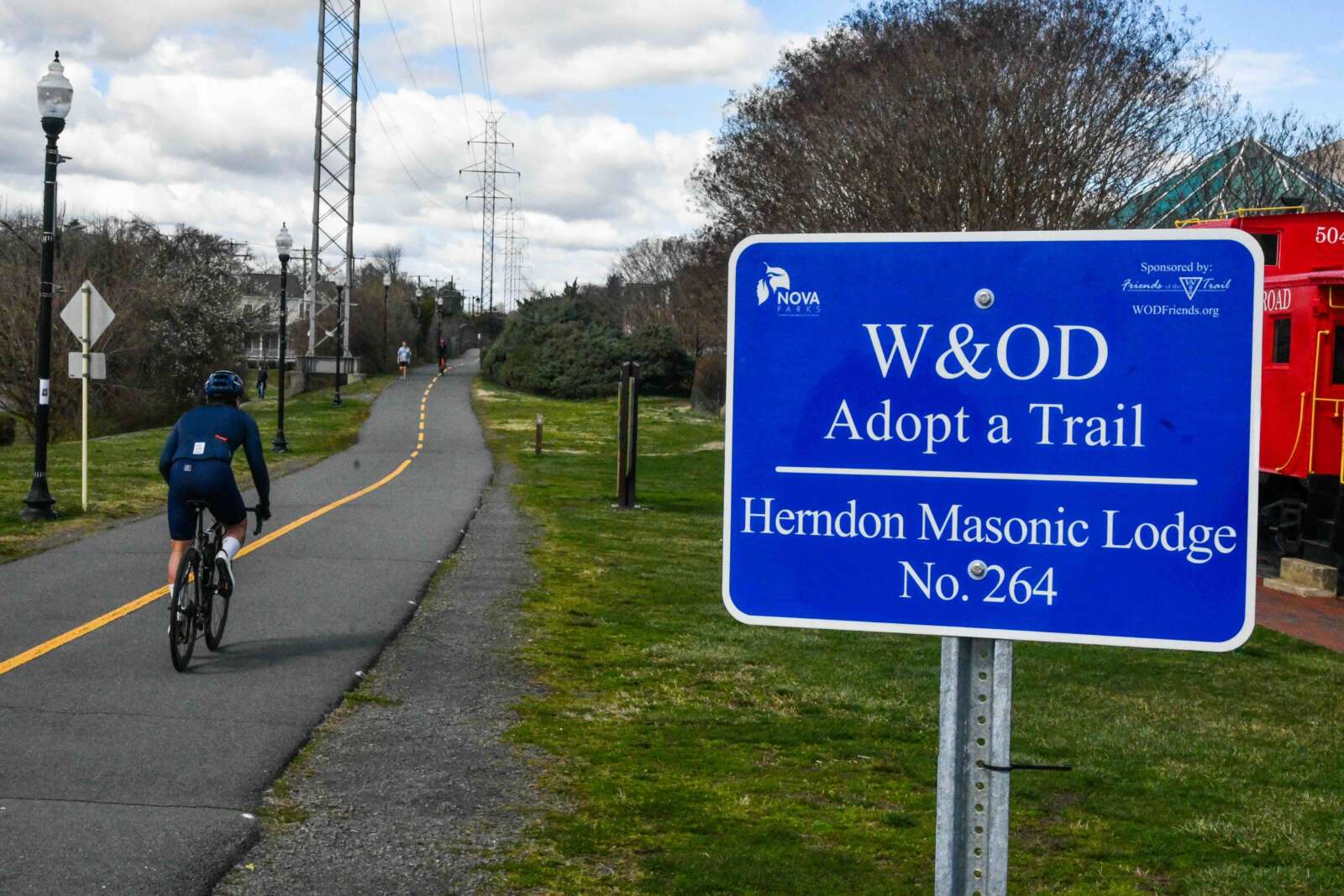 This is an opinion column by Del. Ken Plum (D), who represents Reston in Virginia’s House of Delegates. It does not reflect the opinion of Reston Now.
This is an opinion column by Del. Ken Plum (D), who represents Reston in Virginia’s House of Delegates. It does not reflect the opinion of Reston Now.
If past history provides any indication, the 2016 session of the General Assembly will have considered nearly 3,000 bills and resolutions before its 60-day session adjourns in early March.
While the figure is impressive, it can be deceiving without a breakdown of the total number.
For example, in 2014 which was also a 60-day “long” session, the 100 members of the House of Delegates introduced 1,950 bills and resolutions, and the 40 members of the Senate introduced 938 bills and resolutions. Of the 2,888 total bills and resolutions, resolutions accounted for 942.
Most resolutions are memorial in that they recognize someone noteworthy in a delegate’s district who had died the previous year, or they commend in offering praise to a person, sports team, organization, or entity for a noteworthy accomplishment or event. It is seldom that memorial or commending resolutions do not pass.
Other resolutions may propose to express the sense of the General Assembly on an issue or provide guidance to another branch or level of government. Some of these resolutions can be very controversial especially when members propose to send a message to the big bad federal government. No resolution carries the force of law.
In 2014, 1,946 bills that proposed new laws were introduced by the House and Senate members. By the end of the session that year 825 bills or 42 percent passed the House and Senate with only 10 of these not being signed by the governor.
If more than 800 new laws seems like a big number, a further analysis will put it in perspective. Many bills are double-counted in that they have been introduced in both houses and passed by both houses. About two-thirds of the legislation passed are duplicates of other bills. Some bills are local in that they apply to only a single jurisdiction.
As a Dillon Rule state — meaning that local governments have only the power granted to them by the state — local governments must come to the state for enabling legislation to take on a new power or activity if it is not granted by the locality’s existing charter or general law. These bills are generally not controversial unless the locality is asking for power not ever given to another local government.
Agency bills are introduced by members on behalf of the governor and state agencies related to the functions of state government. Housekeeping bills are introduced to correct or clarify legislation that has been introduced in the past. A high percentage of bills relate to crime and punishment and civil actions.
When these clarifications distill down the total number, you get to the couple of dozen bills about which you read in the newspapers and by which you might be directly impacted. They are the bills that are controversial and sometimes partisan.
Little legislation will threaten the stability of the Commonwealth. When change is needed, however, we need to be willing to make that change. I will address the most significant pieces of legislation from this session in future columns.





